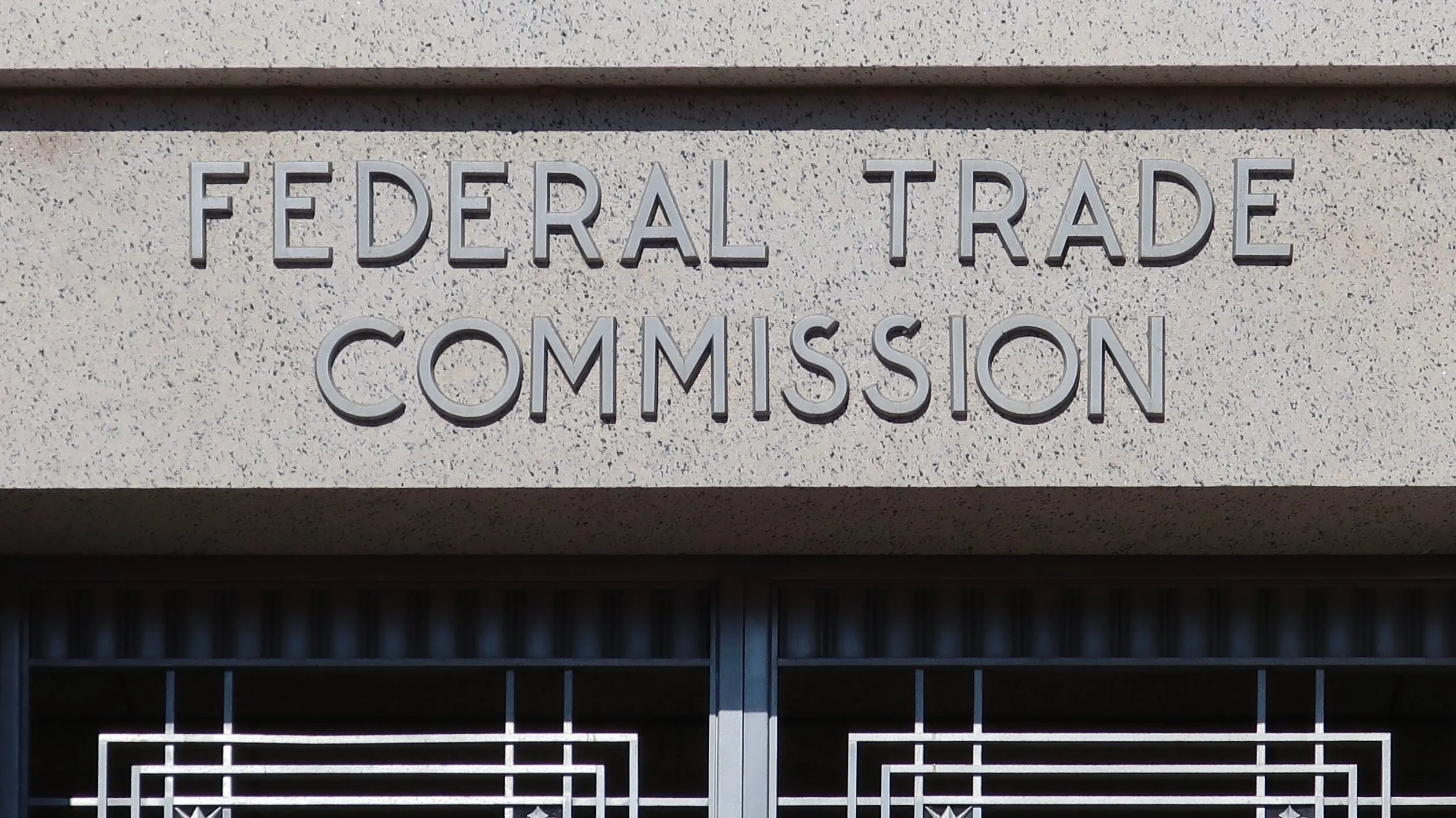The U.S. Federal Trade Commission waded deeper into the churning waters around AI on Tuesday, turning the spotlight on comments it submitted to the U.S. Copyright Office that encompass the agency’s concerns that artificial intelligence could accelerate the proliferation of illegal schemes and scams online.
“Although AI-based technology development is moving swiftly, the FTC has decades of experience applying its authority to new and rapidly developing technologies,” the agency wrote. “Vigorously enforcing the laws over which the FTC has enforcement authority in AI-related markets will be critical to fostering competition and protecting developers and users of AI, as well as people affected by its use.”
The FTC said that while policymakers debate the disruptive potential of AI, the technology is already becoming rooted in the mainstream, requiring fast action. The agency pointed to its moves against Amazon earlier this year, alleging that the e-commerce giant used private data—including voice recordings obtained through its Alexa devices—in training its algorithms. Amazon paid $31 million in privacy violation penalties in May.
The agency's mandate includes enforcing antitrust laws and protecting consumers. The FTC has not yet responded to Decrypt’s request for comment.
In comment submitted to @CopyrightOffice, FTC raises AI-related competition and consumer protection issues, stressing that it will use its authority to protect competition and consumers in AI markets: https://t.co/7SoV9xd1xF /1
— FTC (@FTC) November 7, 2023
The comments were filed as the FTC hosted a roundtable discussion with writers, artists, voice actors, and software developers to discuss generative AI and its impact on their industries—an issue at the heart of the ongoing labor dispute in Hollywood. Individuals meeting with the FTC included SAG-AFTRA National Director Duncan Crabtree-Ireland, WGA negotiating committee member John August, Tim Friedlander, President and Founder of the National Association of Voice Actors, and Software Freedom Conservancy Policy Fellow Bradley Kuhn.
The roundtable participants voiced concerns about their work being used without consent for training generative AI without their permission. They also said scraping work from public websites without consent particularly harms creative professionals whose businesses depend on having public portfolios to attract customers.
“The manner in which companies are developing and releasing generative AI tools and other AI products... raises concerns about potential harm to consumers, workers, and small businesses,” the FTC wrote. “The FTC has been exploring the risks associated with AI use, including violations of consumers’ privacy, automation of discrimination and bias, and turbocharging of deceptive practices, imposter schemes, and other types of scams.”
An October report by cybersecurity firm SlashNext said email phishing attacks have increased 1,265% since the launch of ChatGPT last fall.
“While there has been some debate about the true influence of generative AI on cybercriminal activity, we know from our research that threat actors are leveraging tools like ChatGPT to help write sophisticated, targeted business email compromises and other phishing messages,” SlashNext CEO Patrick Harr told Decrypt.
As with the cryptocurrency industry that came before it, U.S. agencies have jostled to carve out jurisdiction in the still-developing regulatory landscape surrounding artificial intelligence. In May, OpenAI CEO Sam Altman suggested the creation of a new federal agency that would oversee AI regulation.
In July, former U.S. Federal Communications Commission Commissioner Harold Furchtgott-Roth said that while concerns around AI and privacy may fall under the jurisdiction of the FTC, intellectual property concerns may fall under the purview of the U.S. Patent and Trademark Office.
"I don't think there is one agency [to regulate AI] because some issues do not naturally fall under one agency," Furchtgott-Roth, who also serves as Senior Fellow and Director at the Center for the Economics of the Internet, told Decrypt in an interview.
Regardless of where the regulatory borders are drawn, the FTC says it will work vigorously to protect Americans from deceptive and unfair practices.
“Firms must not engage in deceptive or unfair acts or practices, unfair methods of competition, or other unlawful conduct that harms the public, stifles competition, or undermines the potentially far-reaching benefits of this transformative technology,” the FTC wrote. “As we encounter new mechanisms of violating the law, we will not hesitate to use the tools we have to protect the public.”
Edited by Ryan Ozawa.

